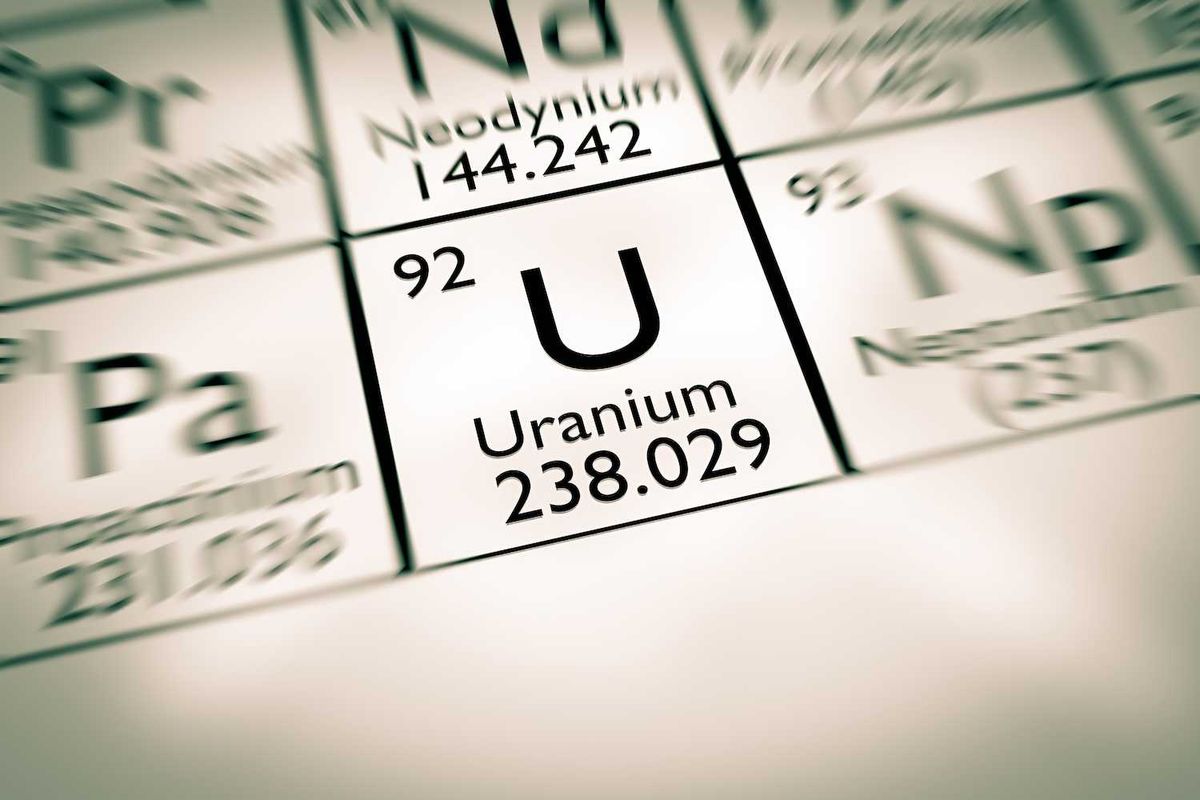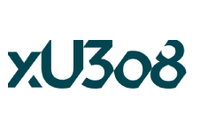Western Australia Reviews Uranium Mining Ban as Nuclear Energy Investment Grows
Western Australia's uranium mining ban may be seeing potential changes in 2026 due to political strategy and economic necessity.

Australia’s uranium sector remains shaped by state-based rules, with Western Australia maintaining a ban on new uranium mining licenses since 2017.
While projects approved before the ban were allowed to proceed, no new developments have been permitted, however things could be changing.
Premier Roger Cook recently signaled that the policy may be under review as part of broader strategic development considerations, ahead of his energy-focused trade mission to China and Japan. China, WA’s largest trading partner, accounts for more than half of the state’s exports.
In an interview with 9 News Australia, Cook emphasised that there are currently three uranium mines in WA, “all of which remain permitted”.
“We continue to work with the industry around what their expectations and what the future potential for these things are,” he said, adding that WA has always positioned itself as a reliable place for people to undertake business.
“We are conscious that there are companies in WA who have mining leases for uranium mines … We’re not going to turn around and tell people that they can’t mine when they have a legitimate, legal permit to do so.”
While no concrete decisions have been made on lifting the ban, Cook’s softer insights on the matter are seen as significant signals as to the state’s evolving stance.
Jonathan Fisher, CEO of Cauldron Energy (ASX:CXU), said he sees the review as a “strategic political positioning ahead of the March 2029 state election.”
Cauldron recently signed a memorandum of understanding with Uzbekistan national uranium company Navoiyuran, which it regards as something that "helps justify to the WA Government that a change in policy is warranted," and added that it intends to discuss this arrangement with relevant WA government representatives in due course.
Fisher also noted the spike in uranium prices since the ban, as they went from approximately US$20 per pound in 2017 to around US$80 in 2025.
During his interview Cook noted that current uranium prices are ”still very low.”
Nuclear fleet funding focus
In mid-September, the Australian federal government unveiled a AU$12 billion, decade-long investment to establish a submarine and naval shipbuilding hub in Western Australia.
The funding will help service US submarines and accelerate the rollout of AUKUS, the trilateral security pact between Australia, the UK and the US.
Central to the alliance is Australia’s acquisition of nuclear-powered submarines, a move aimed at strengthening security and maintaining a free and open Indo-Pacific.
When asked whether doors are open to lifting WA’s ban on uranium considering its assist in global decarbonisation, Cook said that there needs to be a “significant shift” in the global market.
“That’s why we’re continuing to watch the current players who have permits or leases to mine uranium. We’ll continue to watch this space.”
Don’t forget to follow us @INN_Australia for real-time updates!
Securities Disclosure: I, Gabrielle de la Cruz, hold no direct investment interest in any company mentioned in this article.





